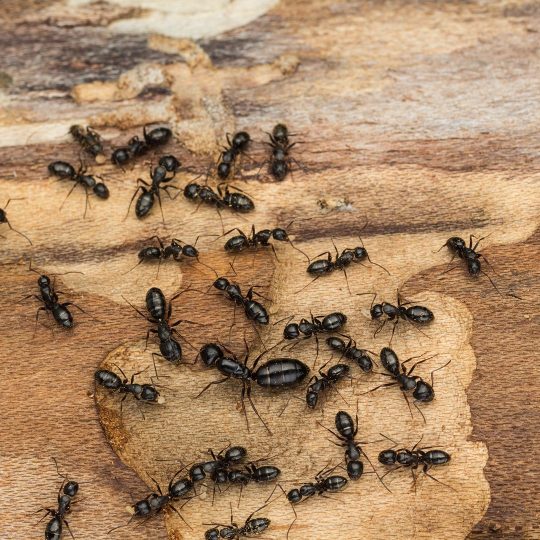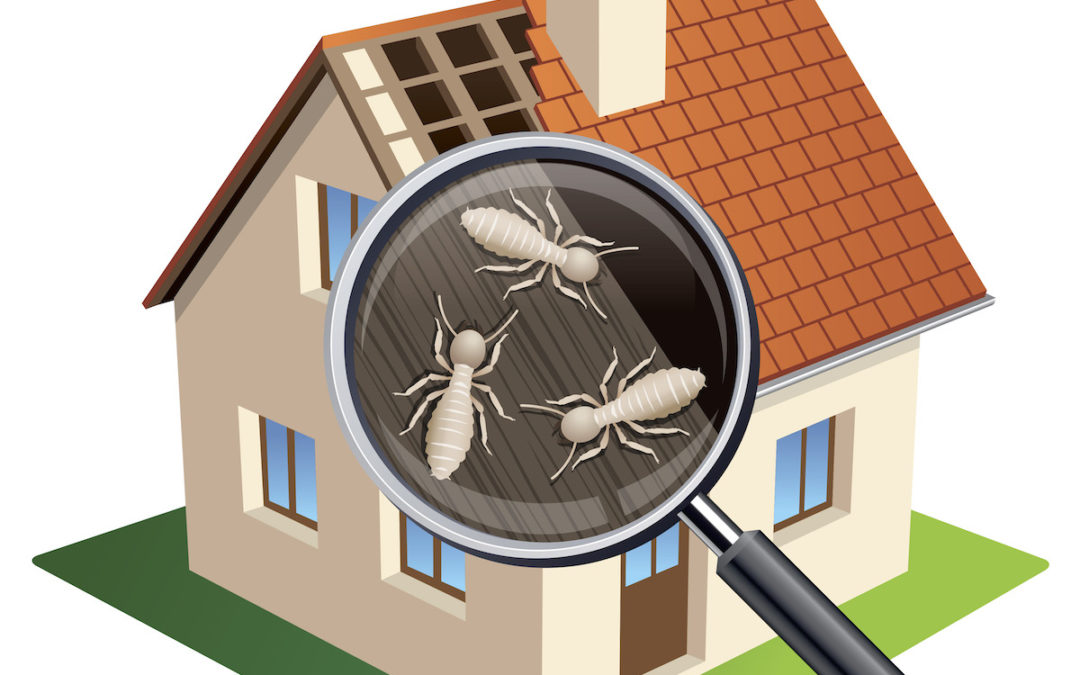Environmental Impact of Bug Control: Harmonizing Performance With Sustainability
The environmental impact of insect control is a vital problem that calls for a fragile balance in between achieving effectiveness in handling parasites and making certain sustainability of our ecological communities. From the usage of hazardous chemicals that seep right into our dirt and water to the unintentional repercussions on non-target types, the consequences of standard parasite control practices are far-reaching.
Hazardous Chemicals in Parasite Control
The utilization of hazardous chemicals in insect control positions significant ecological and health and wellness threats that call for cautious consideration and mitigation methods. Chemicals, herbicides, and pesticides are generally made use of to eradicate pests, but their widespread application can cause unplanned effects. These chemicals can pollute soil, water resources, and the air, impacting not only the targeted insects but additionally beneficial pests, wild animals, and humans.

To deal with these dangers, integrated bug monitoring (IPM) methods are being promoted as a more lasting option. IPM entails a mix of approaches such as organic control, environment manipulation, and the targeted use of pesticides as a last hope (ant control walkerton nc). By adopting an all natural technique to pest control, we can reduce the ecological and health and wellness impacts connected with dangerous chemicals while properly managing pest populations
Influence On Non-Target Types
Thinking about the unplanned repercussions of parasite control techniques, the effect on non-target types is an essential aspect that needs extensive examination. While bug control procedures aim to target details parasites, various other organisms in the community might be inadvertently influenced. Non-target types, including helpful pests, birds, animals, and also plants, can endure straight or indirect damage from pesticide applications or biological control methods.
Chemicals can have sub-lethal or deadly impacts on non-target species. For instance, pesticides designed to deal with a specific bug bug may harm pollinators like or all-natural killers such as ladybugs. Additionally, chemical deposits can build up in the setting, affecting non-target microorganisms over time. Likewise, organic control agents, otherwise species-specific, can present threats to unintentional targets, interfering with the eco-friendly balance.
To alleviate the effect on non-target species, integrated parasite monitoring (IPM) approaches that emphasize an alternative method to pest control are recommended. These methods focus on the usage of environmentally pleasant techniques, lessening damage to valuable microorganisms while properly managing pest populaces. Carrying out extensive risk evaluations and keeping track of the results of insect control efforts are essential action in guarding non-target types and advertising total environment wellness.
Soil and Water Contamination
Unintentional ecological effects of insect control methods expand past impacting non-target types, with substantial implications for dirt and water contamination - termite control. Chemicals, herbicides, and chemical fertilizers used in insect control can seep right into the dirt and contaminate groundwater, posing a hazard to both aquatic and earthbound ecological communities.
Water contamination is another crucial concern associated with pest control practices. To minimize soil and water contamination from parasite control tasks, integrated pest monitoring approaches that focus on sustainability and lessen chemical inputs are important.
Air Pollution From Pesticide Usage
Direct exposure to airborne pesticides throughout agricultural applications postures a substantial problem for air contamination control steps. When pesticides are splashed onto plants, they can volatilize into the air and kind unstable organic substances (VOCs) and other air-borne toxins. These chemicals can add to the formation of ground-level ozone, a significant component of smoke that can have harmful effects on human wellness, crop performance, and general air top quality. Furthermore, chemical drift, where chemicals are brought by the wind to unplanned locations, can cause the contamination of close-by communities and water bodies.

Strategies for Sustainable Pest Control
In the world of farming methods, applying sustainable pest control approaches is paramount for maintaining ecological balance and protecting crop yields. Lasting parasite control emphasizes the usage of eco-friendly techniques to handle insect populaces efficiently while decreasing damage to non-target microorganisms and ecosystems. Integrated Pest Management (IPM) is a widely taken on strategy that combines biological, cultural, physical, and chemical control methods to achieve long-term pest management solutions.
One key approach in lasting parasite control is advertising biodiversity within agroecosystems. By boosting natural adversaries of bugs, such as parasitoids and killers, farmers can minimize the need like this for synthetic chemicals. Crop turning and diversification are likewise reliable techniques to interfere with pest life process and develop less favorable conditions for insects to prosper. In addition, using pest-resistant crop ranges and using techniques like catch chopping can assist reduce parasite pressure without relying greatly on chemical interventions. Ultimately, by integrating these sustainable parasite control techniques, farmers can achieve an equilibrium between pest monitoring effectiveness and ecological stewardship.
Verdict
To conclude, the ecological influence of insect control methods need to be thoroughly considered to balance performance with sustainability. Hazardous chemicals utilized in pest control can result in soil and water contamination, air pollution, and injury non-target species - termite control. It is critical to carry out lasting insect control strategies to decrease these unfavorable results on the environment and advertise a healthier ecosystem for future generations
By embracing an all natural technique to pest control, we can decrease the environmental and health and wellness impacts connected with dangerous chemicals while effectively taking care of pest populaces.

To reduce the air contamination created by chemical usage, it is important to embrace incorporated insect monitoring approaches that focus on the usage of non-chemical insect control approaches, such as crop rotation, natural predators, and resistant crop varieties. Lasting parasite control emphasizes the use of eco pleasant techniques to handle parasite populaces successfully while lessening injury to non-target organisms and ecosystems. Integrated Insect Management (IPM) is a widely taken on strategy that incorporates organic, cultural, physical, and chemical control approaches to achieve long-term parasite monitoring remedies.